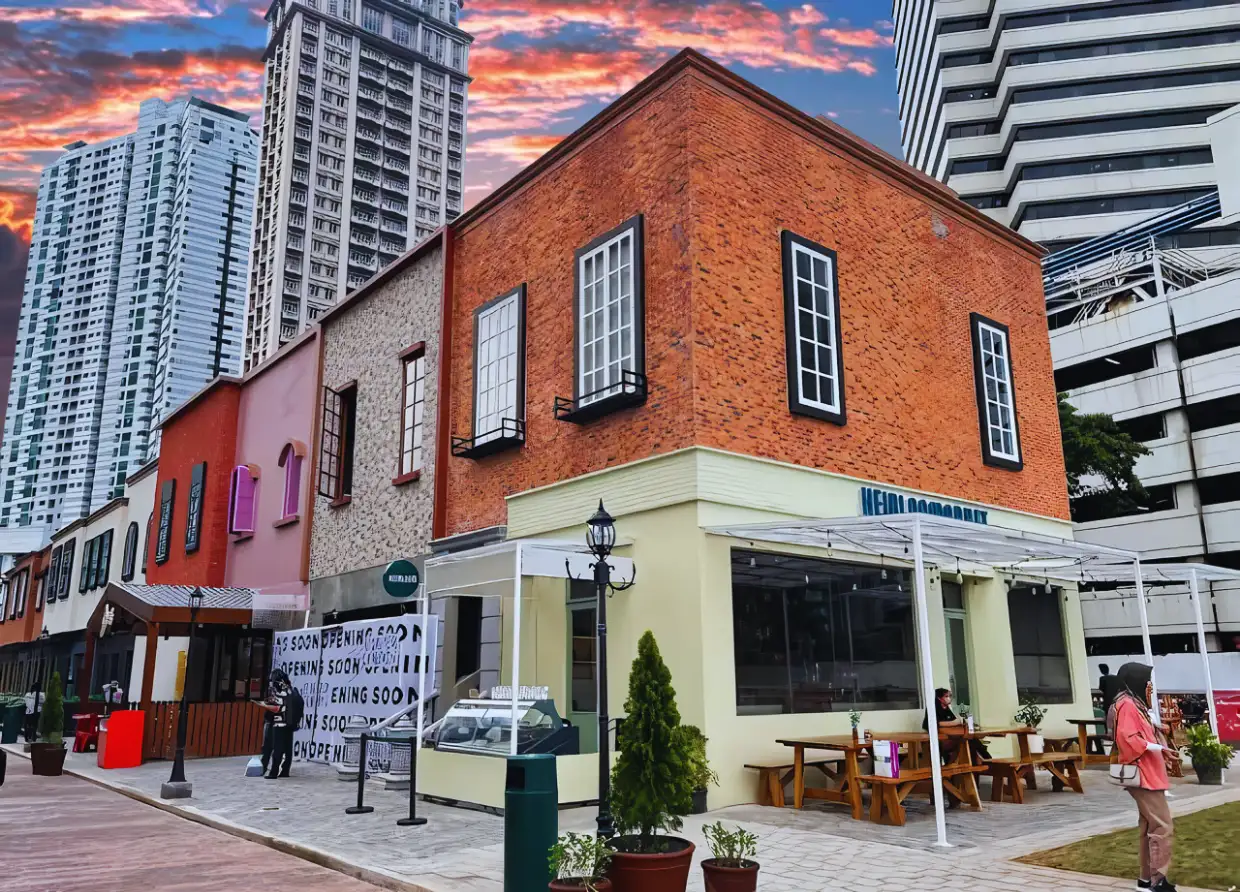HEALTH TIPS FOR THE ELDERLY TO FAST DURING RAMADAN
With Ramadan approaching, though some elderly people will be unable to participate, those who can should follow these tips for safe fasting.

Fasting during Ramadhan is an important practice for all the Muslims of the world. The elderly are no exception, though they may be exempt from the practice. To cultivate self-discipline and develop spiritually, they usually participate in the one-day fast. However, elderly people with serious conditions are not recommended to do the fasting but is mandatory for every healthy able-bodied adult Muslim.
According to Islamic laws, people who are ill, pregnant, or breastfeeding women are exempt from fasting. During the month, fasting should not cause danger to one own's health.
Therefore, the elderly can fast but are encouraged to break if they feel physically unwell in the middle of the day. However, there are some who persist in fasting as they aim to honor their religious duties.
We collected several tips that will help the elderly successfully and safely fast.
Avoid caffeine
Caffeine will cause you to urinate more as it has a diuretic characteristic. Urinating more can lead to faster dehydration as your body loses water through urine. If you want to succeed on the one-day fast, be sure to avoid caffeinated drinks like coffee or black tea in the days leading to Ramadhan.
Avoid foods high in sugar and salt
Sugary foods can cause unstable blood sugar levels- increasing and dropping quickly. Foods that are high in salt can increase stroke risk, heart failure, and kidney diseases. Especially during the fasting month, taking care of your food intake is crucial, so make sure that your meals consist of balanced nutrients. For Sahur or Iftar, choose meals with less sugar and salt.
Control your portion sizes
As elderly people might have a decrease in organ functions, it is even more essential to watch out for your intake portion. Instead of eating one large meal at Iftar, you can eat two or three smaller meals. During Sahur, you can spare the extra time waking up earlier to enjoy several small meals before fasting.
Check blood sugar level regularly
Blood sugar levels are more likely to experience large changes during the period. Checking blood sugar levels regularly is recommended by doctors and experts for the elderly as part of safety precautions. By doing it, you can prevent instances of low blood sugar.
Get enough sleep
Sleep deprivation affects everyone, not just the elderly because it reduces the body's ability to produce insulin. As a result, the blood sugar levels will become harder to control. Additionally, sleep deprivation has been linked to a higher risk of health problems such as obesity, diabetes, and heart disease.
Getting enough sleep is more important than ever now, especially during the first days of the fasting month when the body's food intake is irregular.
#THE S MEDIA #Media Milenial #ramadhan #elders #fasting tips #for elders


























